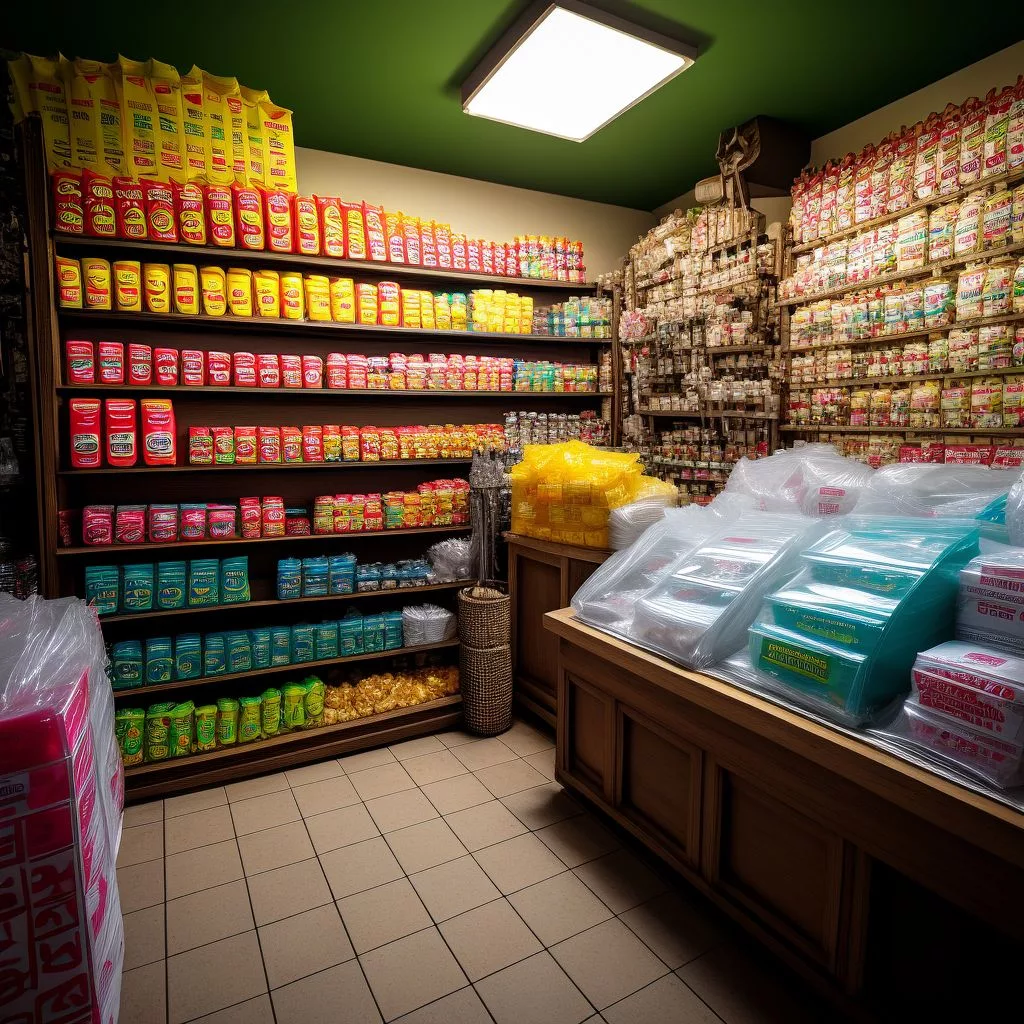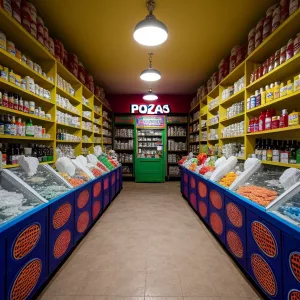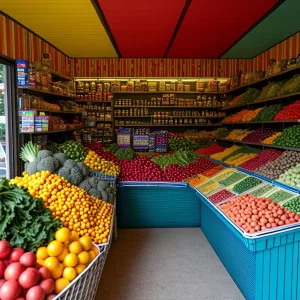South Africa’s R500million spaza shop fund aims to help small township shops become safer and stronger by offering grants and interestfree loans. It encourages shop owners to register their businesses properly and improve food safety and shop conditions. While many owners were excited and applied, most struggled to meet strict paperwork and permit rules. The government now faces the challenge of supporting these hardworking entrepreneurs without losing the community spirit that makes spaza shops special. This fund is a bold step toward modernizing informal trade, but success depends on patience, understanding, and real help from the authorities.
Spaza shops are the heartbeat of South Africa’s economy, especially in townships and rural areas, where they provide essential goods and services. These small, familyrun stores are not just places to shop; they are community hubs that support local businesses and connect people. However, a new government rule requires these shops to register, causing worry among owners who fear losing their businesses due to strict deadlines and complicated paperwork. While the government aims to ensure safety and proper practice, the challenge is finding a way to help these vital shops thrive without stifling their spirit.
South Africa is stepping up the rules for spaza shops—small shops that are vital to local communities. By February 28, 2025, all spaza shop owners need to register with their local governments to keep food safe and follow health guidelines. The government is helping these shop owners by offering training to understand new rules and improve food safety practices. This effort not only aims to protect public health but also to support these businesses as they play a key role in their neighborhoods, creating jobs and boosting local economies. With proper guidance, spaza shop owners can thrive in a safer and more regulated environment.
Spaza shops in South African cities are taking on waste management by learning about their legal duties and civic responsibilities. The Urban Waste Management (UWM) Directorate’s Public Awareness team is educating local retailers about waste reduction and composting, which can help fight climate change. While most shop owners have responded positively, those who do not comply face severe penalties. This initiative highlights the power of local initiatives and shows that everyone has a role to play in creating a cleaner and healthier community.




